
Russia's Demonization Undermines Western Universalism
The opening drama of the Ukraine war, involving sweeping drone shots, ant-like convoys and plans so secret that most Russian commanders received orders just 24 hours before the invasion, tended to derail meaningful analysis.
Rather than focus efforts on unpacking Moscow's motivations and a series of nested conflicts, commentators preferred the more glamorous task of forecasting outcomes and timescales.
In President Vladimir Putin, the West found a scapegoat that united left and right with the latter throwing off the shackles of pacifism and relativism, and the former reveling in the reactionary identity of the opponent. To label Russian security concerns as anything other than sophistry risked being tarred as not only part of a fifth column but a dupe.
In those heady days, there was a tangible catharsis to swerving questions surrounding the casus belli and concentrating on trialing military hardware and tactics. In short, celebrating the destruction – an option not available against less politically acceptable opponents.
Over two years on, less glib narratives might have come to the fore yet Russia's demonization persists – despite being rooted in precisely the solipsism that channeled fractious interests into a clash of arms in the first place; a conflict that has enabled Moscow to annex four regions, approximately a fifth of Ukraine.
It also leans on several historical accounts that have lost traction with reality. Fantasies include the notion that the Cold War was resolved by Moscow's total submission rather than a staggered implosion in which only ideologically hostile elements proved capable of disciplining kleptocrats.
And the idea that peace, trade and globalization were the gifts of a liberal cornucopia that would turn viral, an assertion hard to square with the rise of illiberal powers such as China, Russia, Iran and India.
Such complacent narratives also leave the West woefully unprepared for changes in tack from non-liberal leaders. In March 2024, for example, Hungarian Prime Minister Viktor Orban revealed presidential candidate Donald Trump's position on the conflict, saying that“He will not give a penny in the Ukraine-Russia war, which is why the war will end.”
In such an environment it is clear that the West knows what it supports: Ukraine is a free country and Western institutions have a right to amass any countries that wish to subscribe. Few in the West, however, are sure as to what the opposition stands for other than a garden variety of Death Star imperialism.
It is rare, for example, to find many who concern themselves with the fact that neutrality was written into Ukraine's 1990 declaration of sovereignty and 1996 constitution, both repudiated in Kiev's 2019 volte-face. A handful care to recall that bloc-based thinking has been foundational to Europe's collective security for most of its history.

Legal Disclaimer:
MENAFN provides the
information “as is” without warranty of any kind. We do not accept
any responsibility or liability for the accuracy, content, images,
videos, licenses, completeness, legality, or reliability of the information
contained in this article. If you have any complaints or copyright
issues related to this article, kindly contact the provider above.

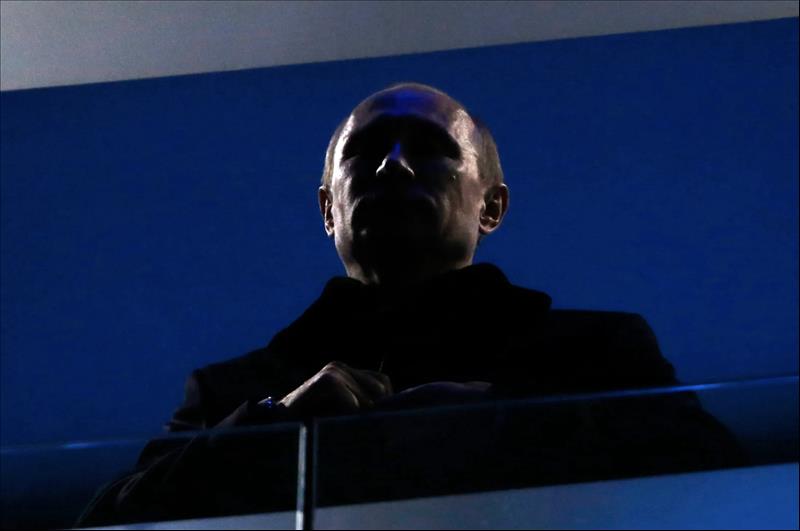
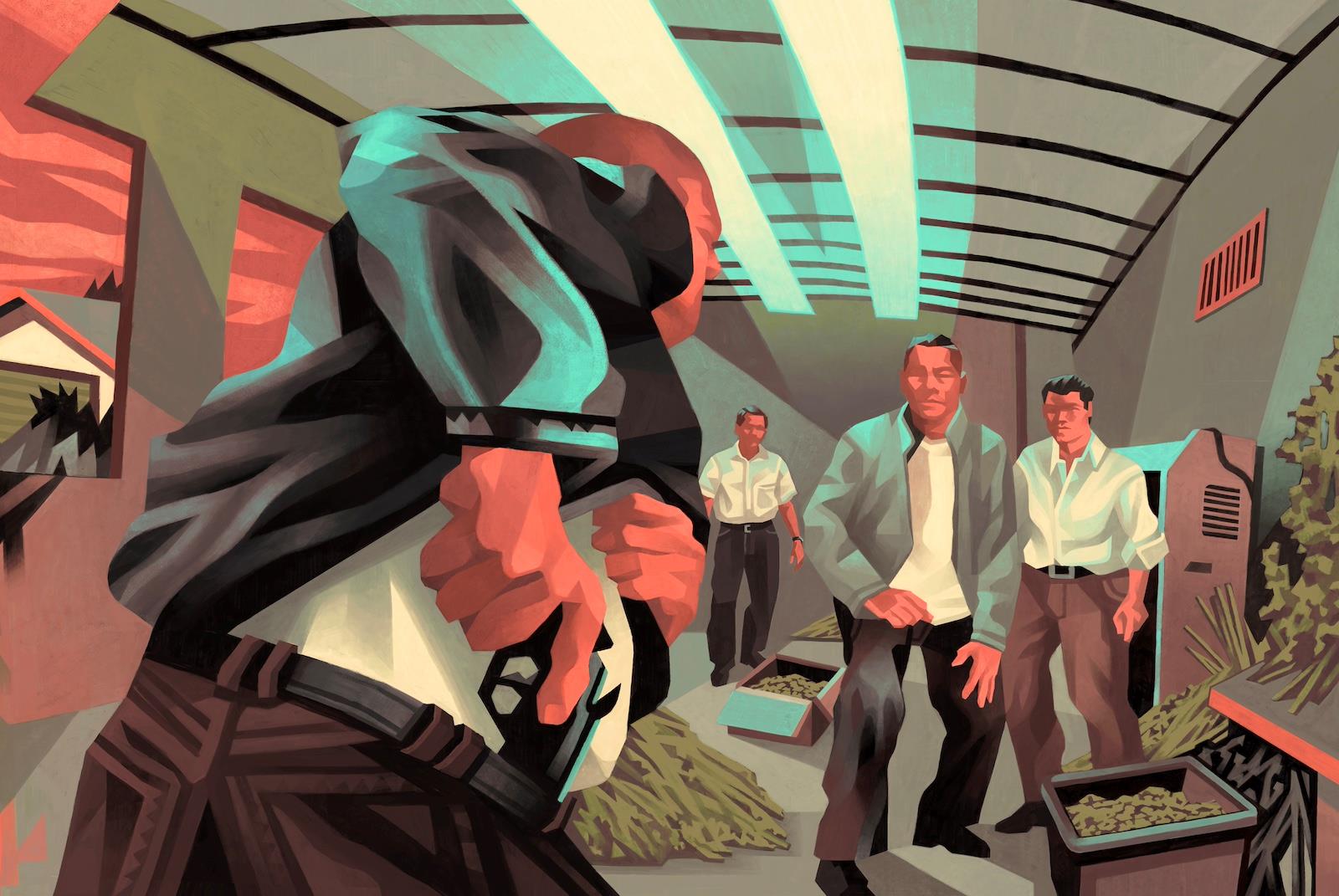
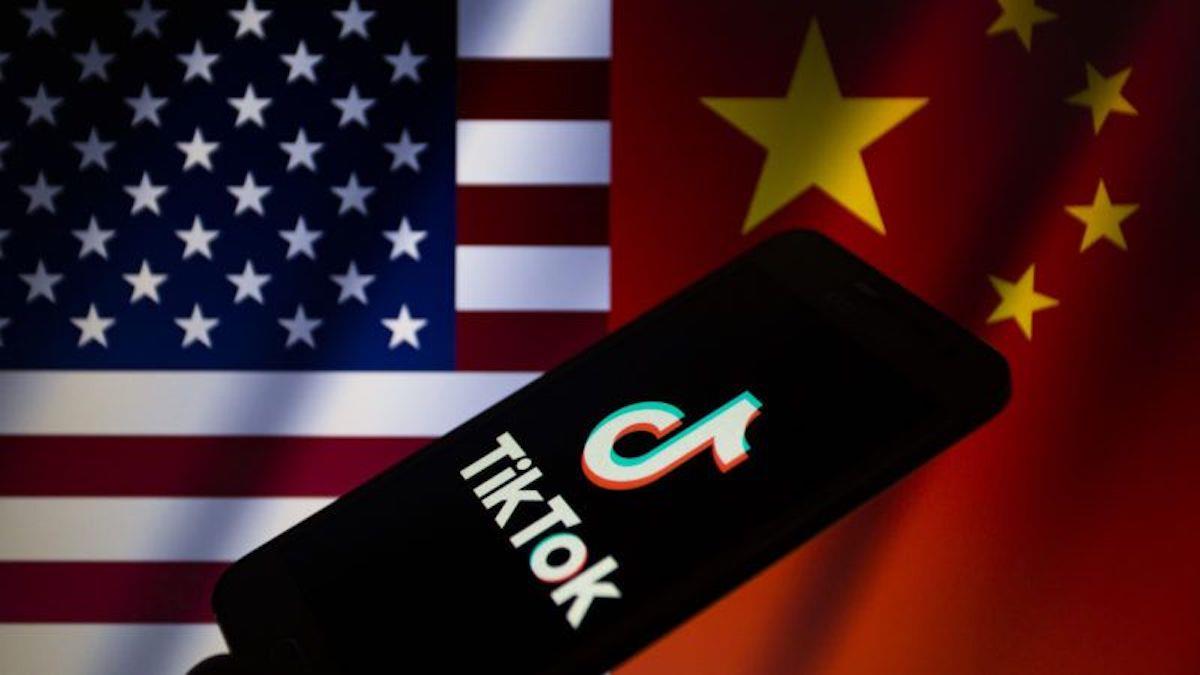
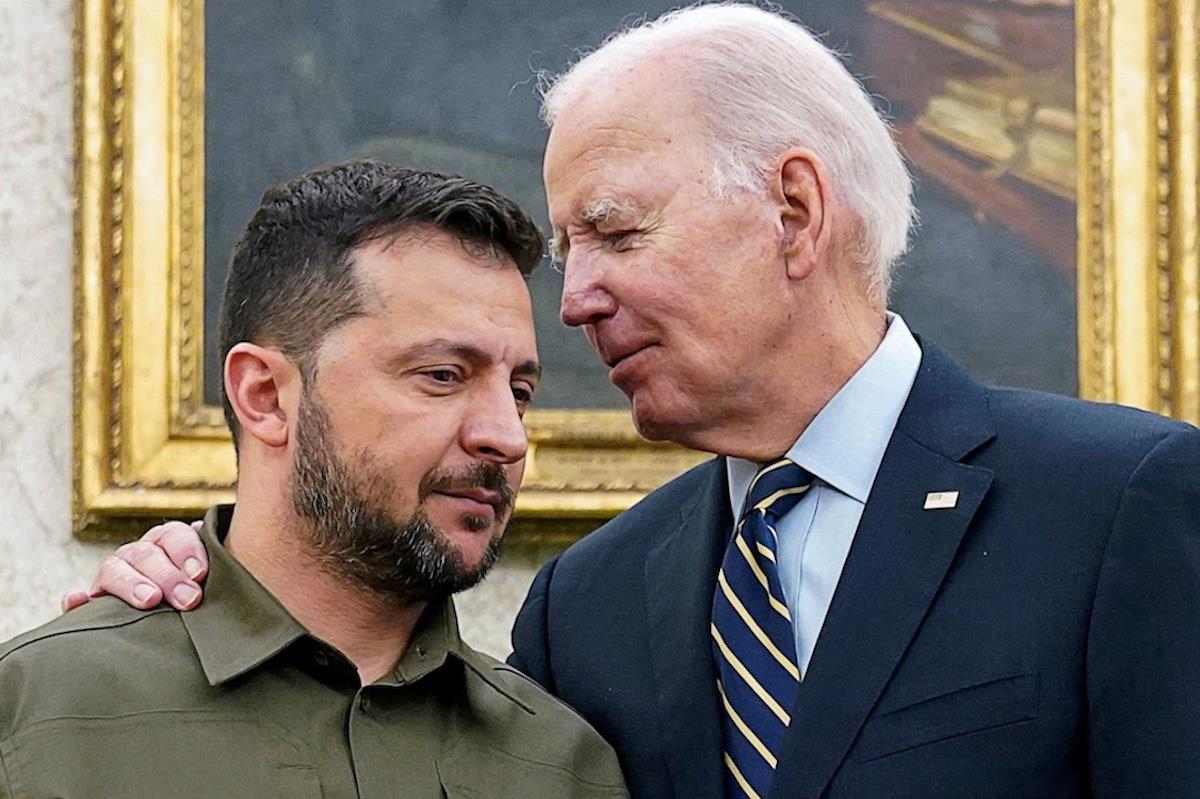

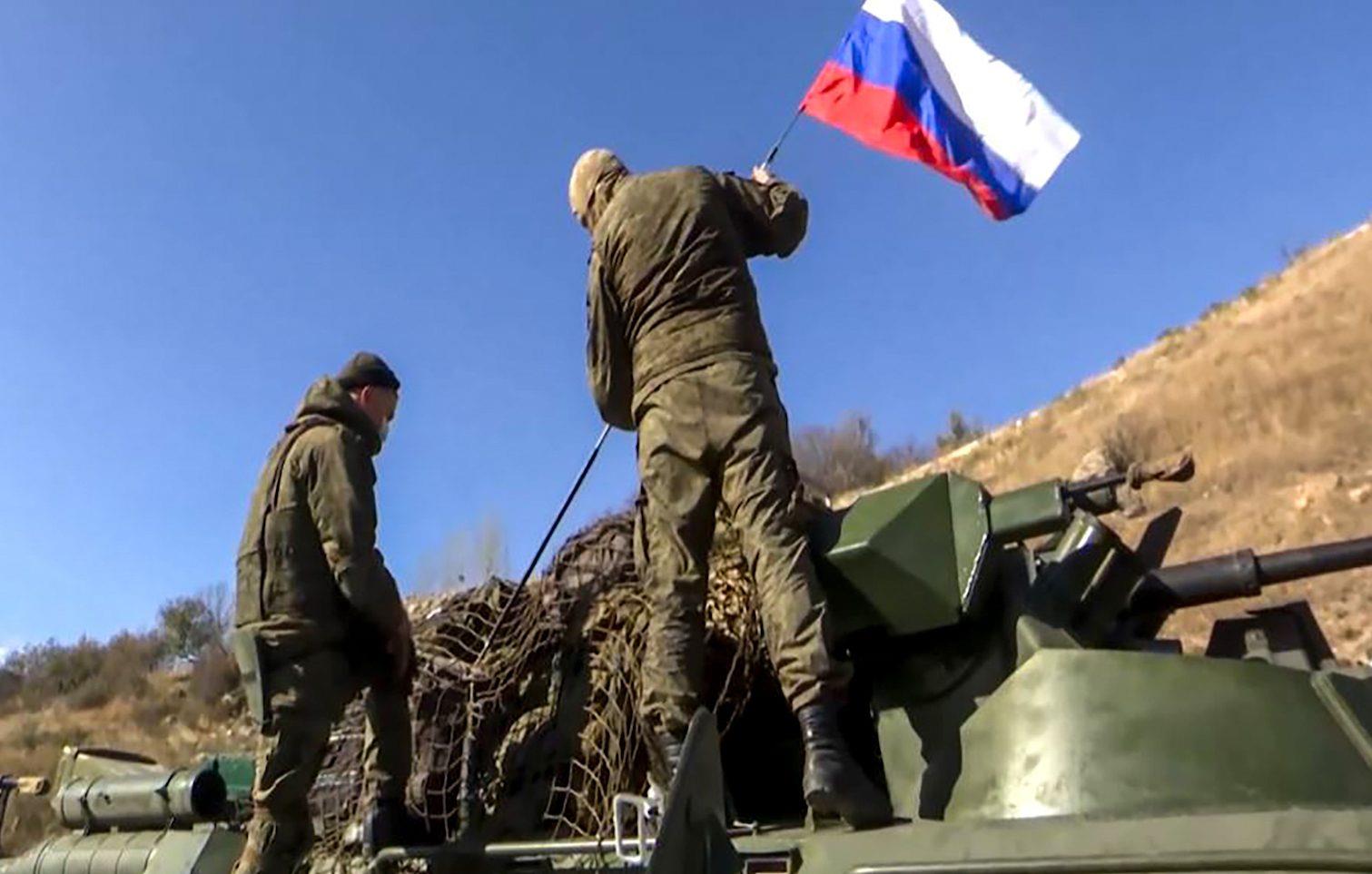














Comments
No comment